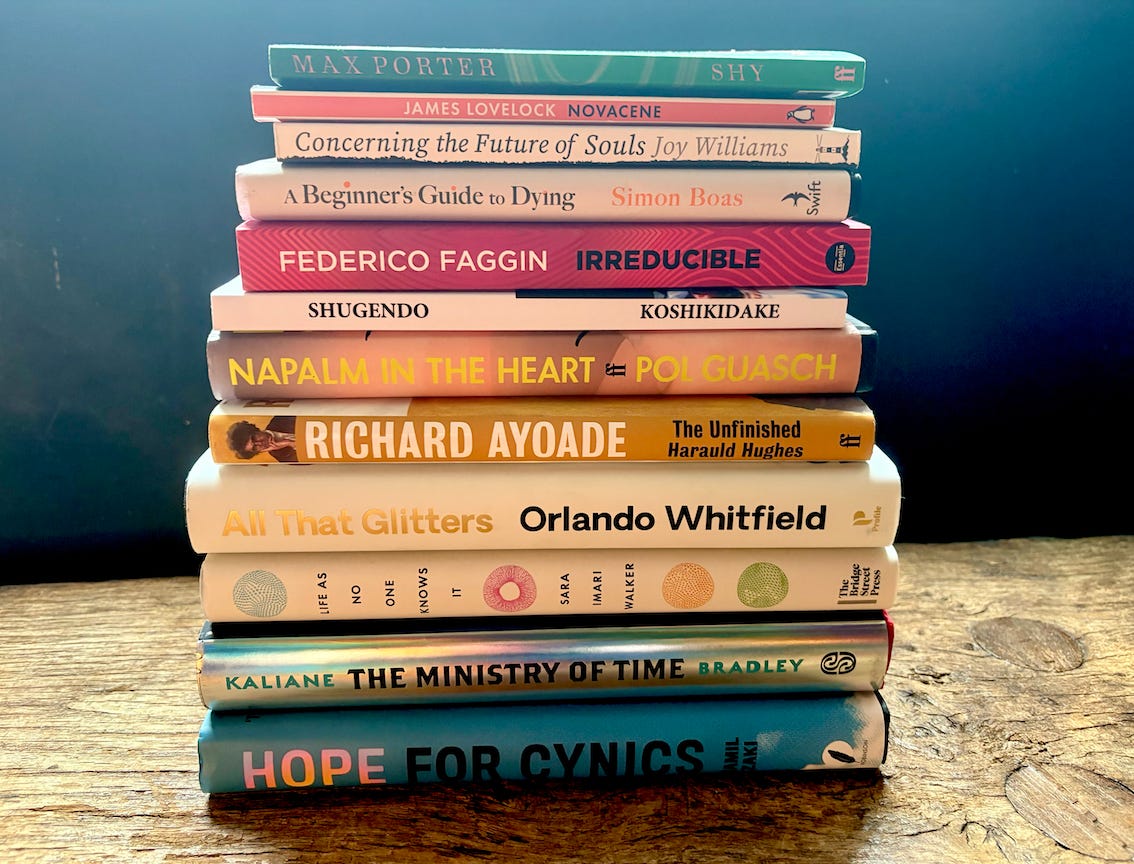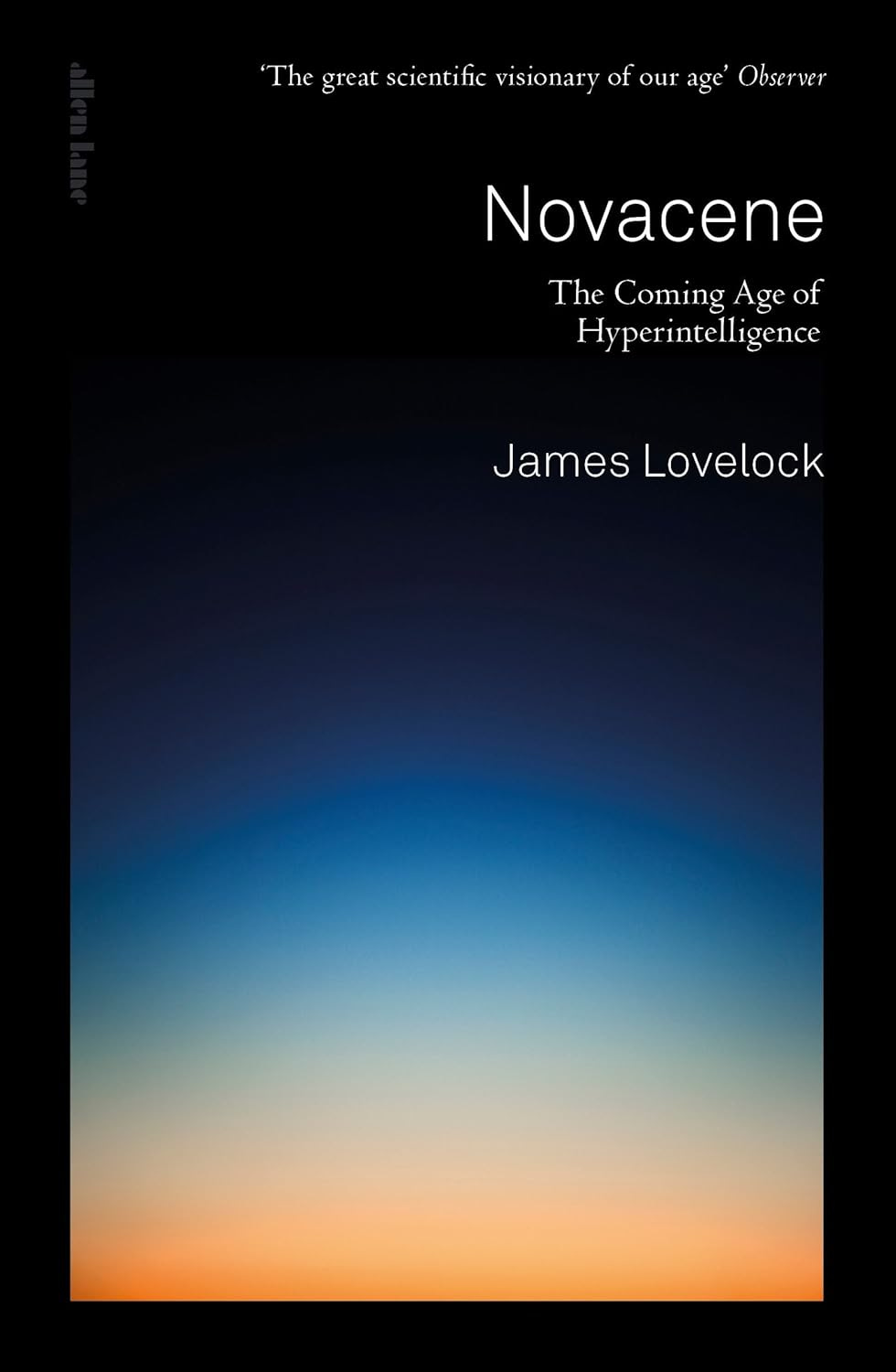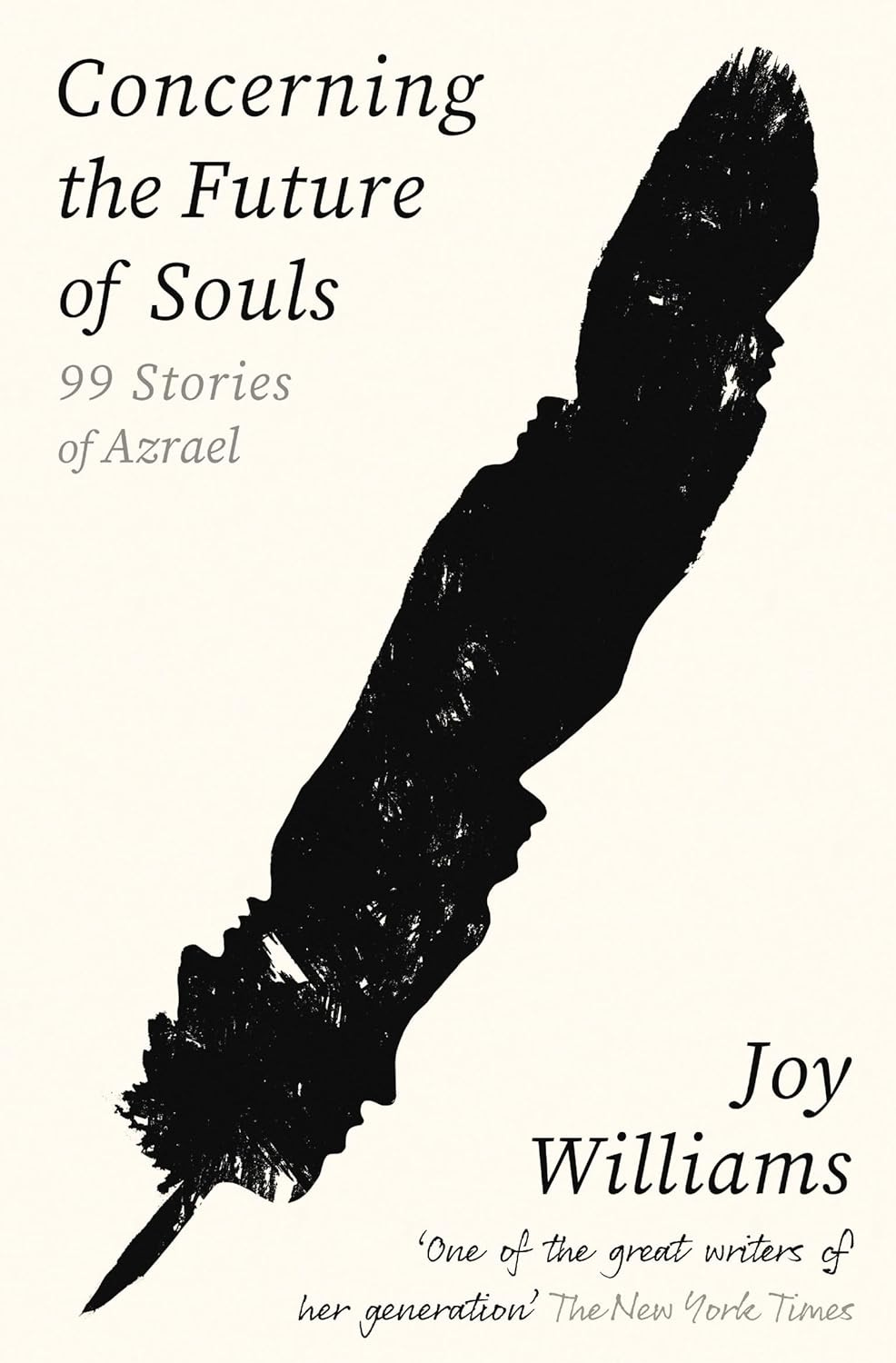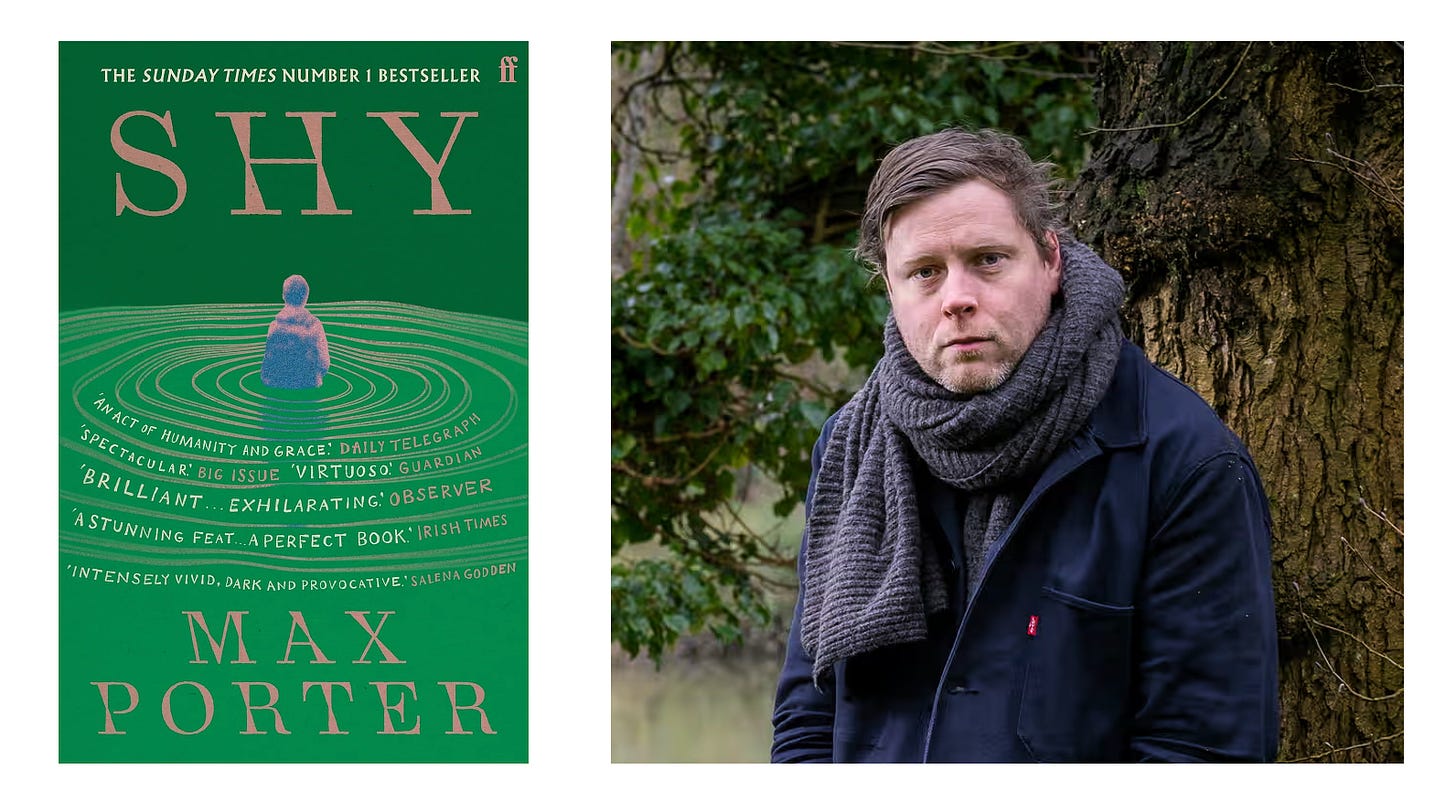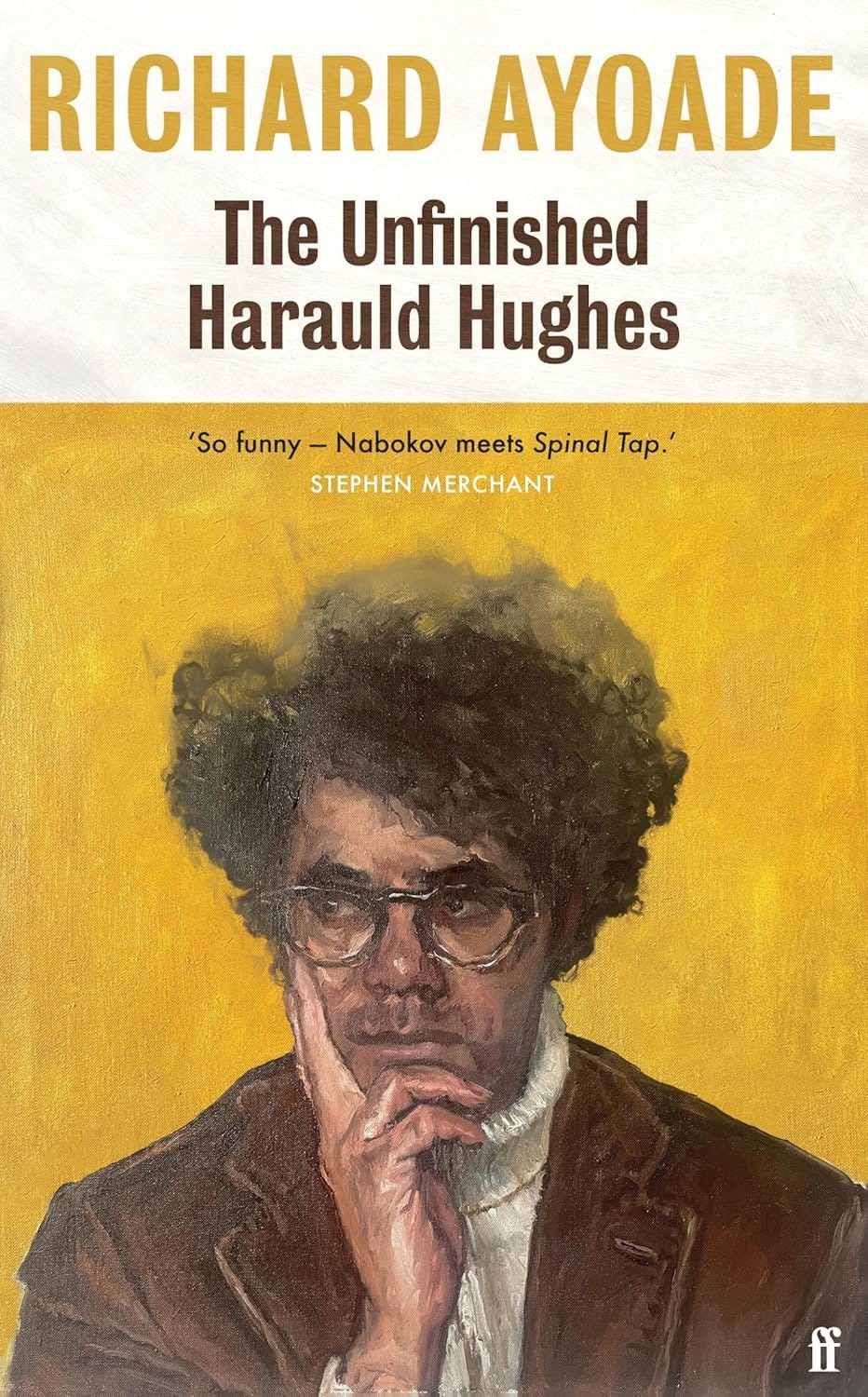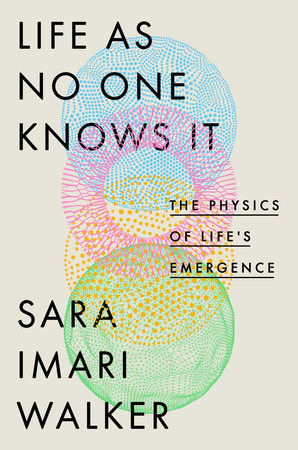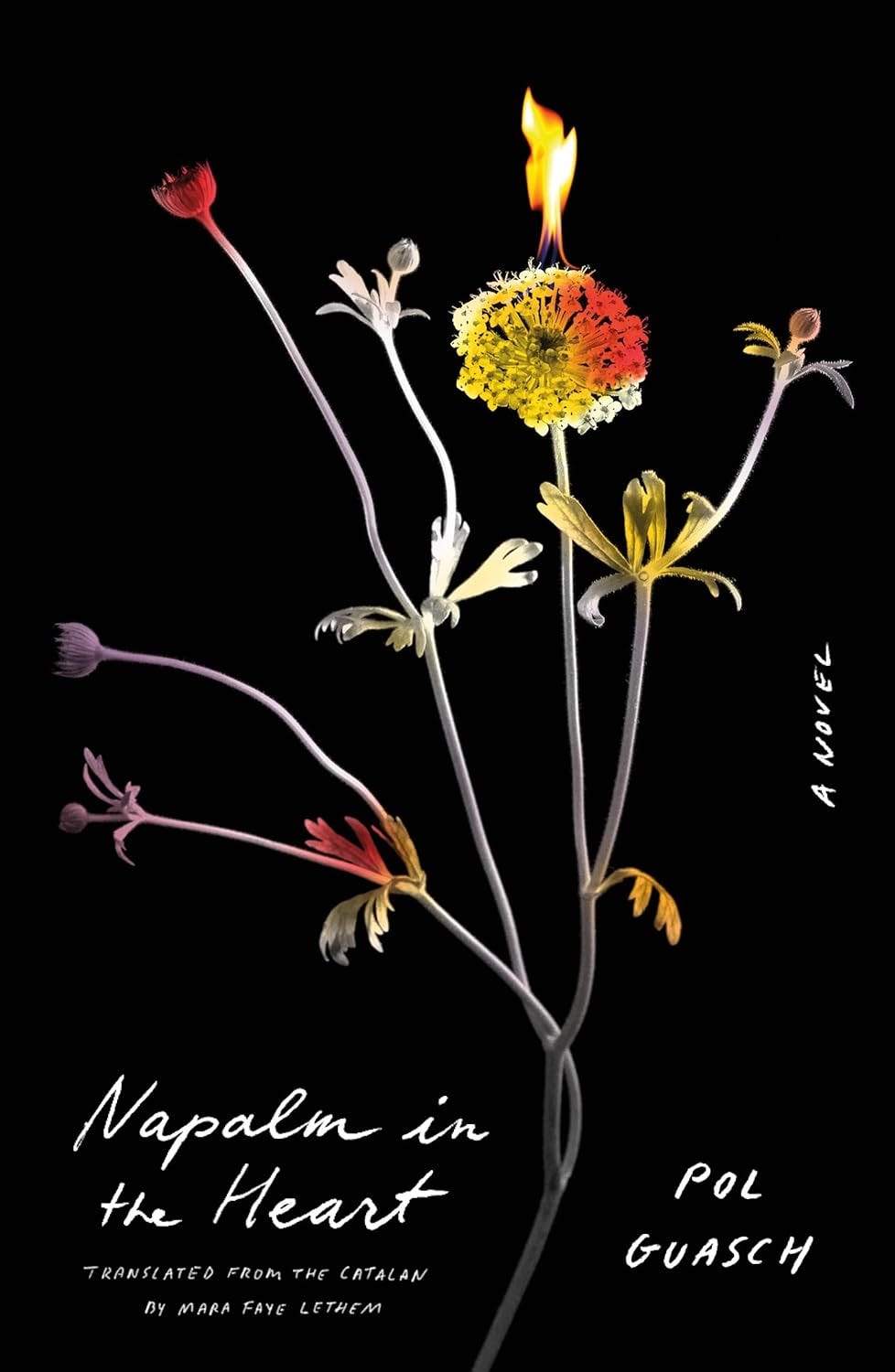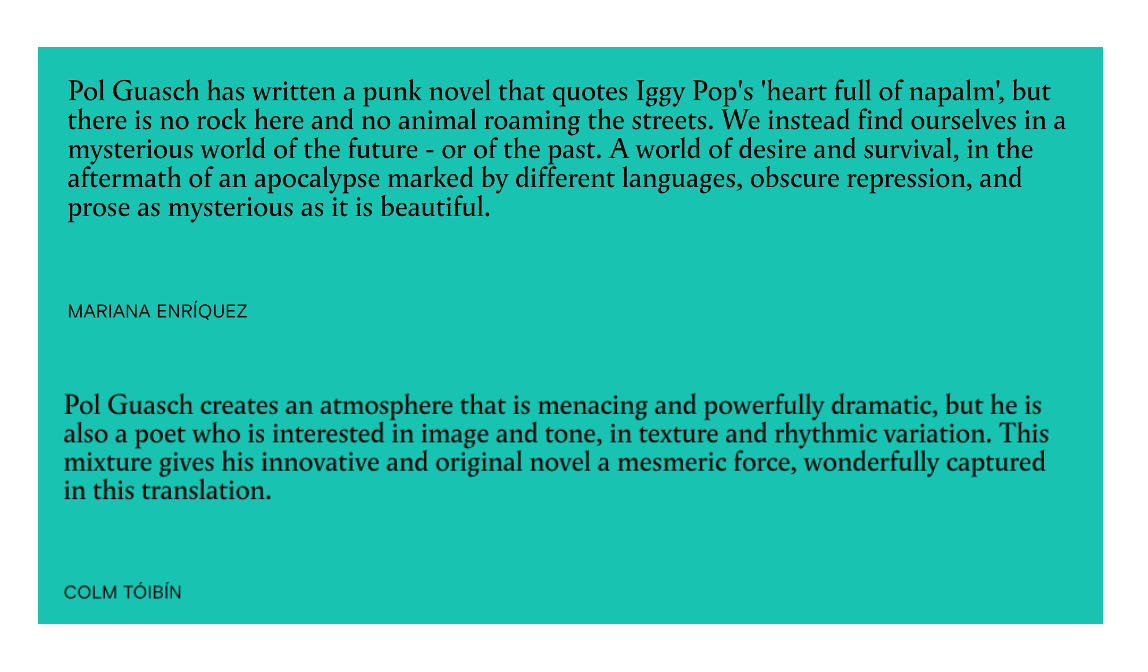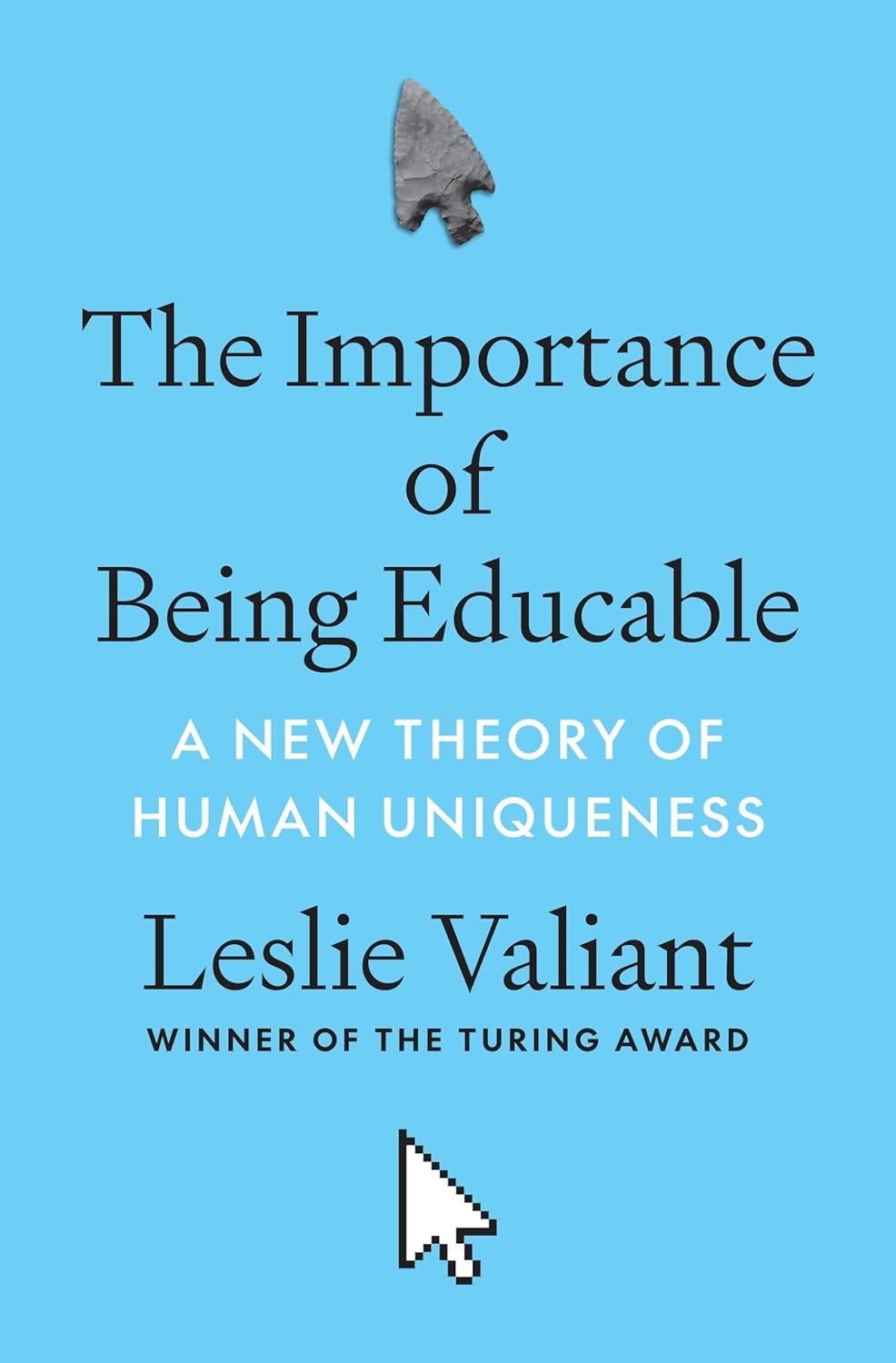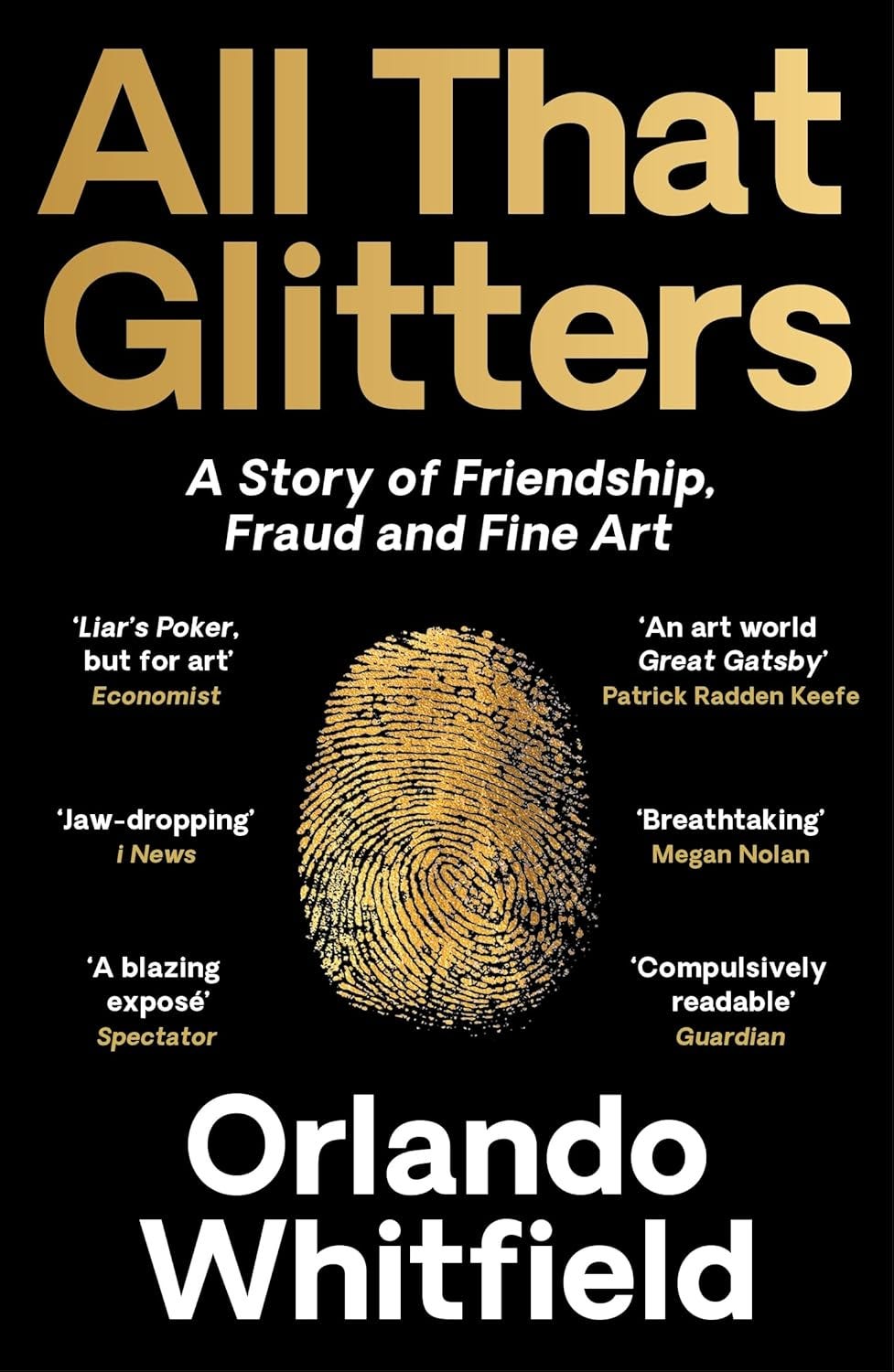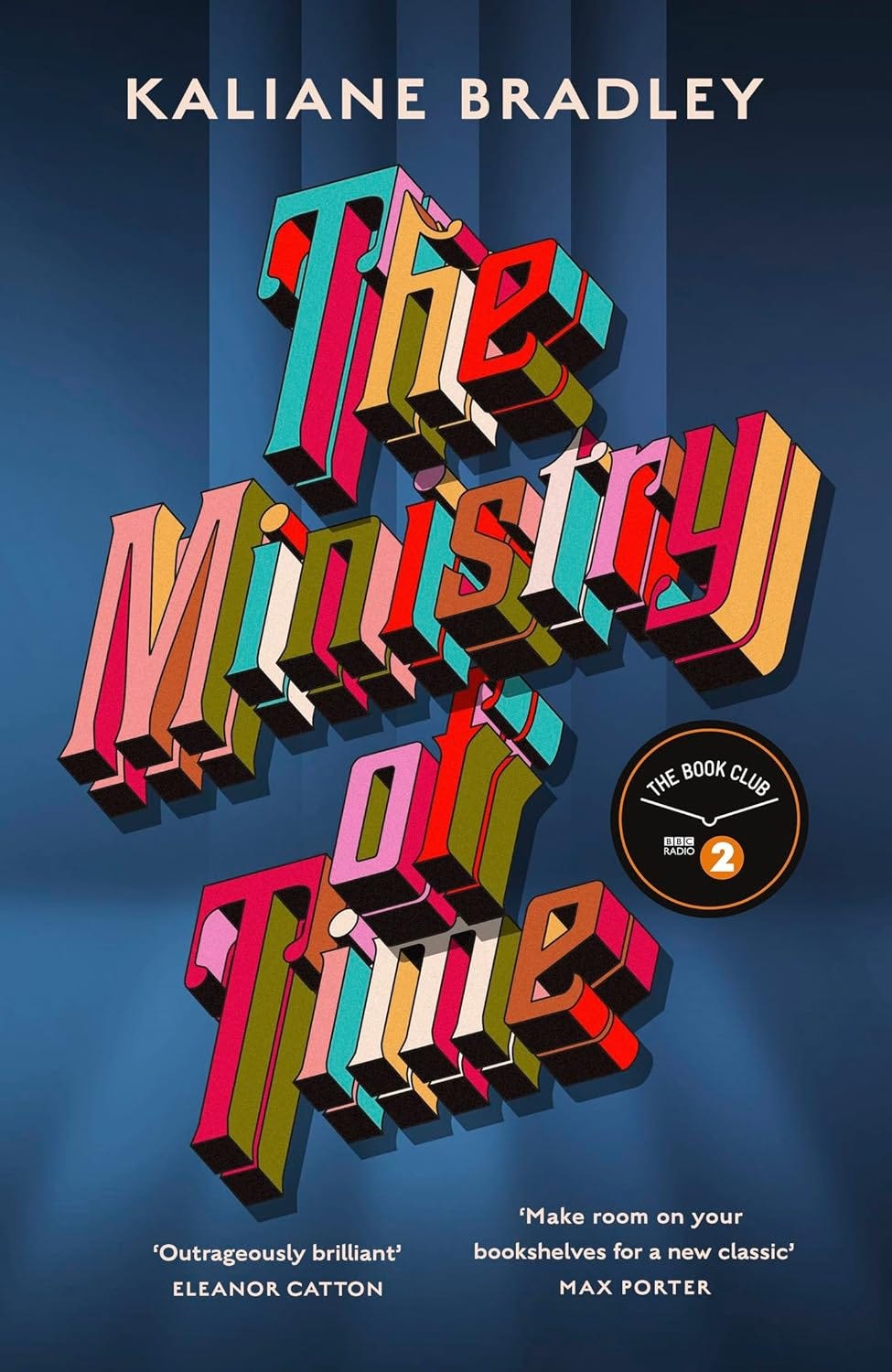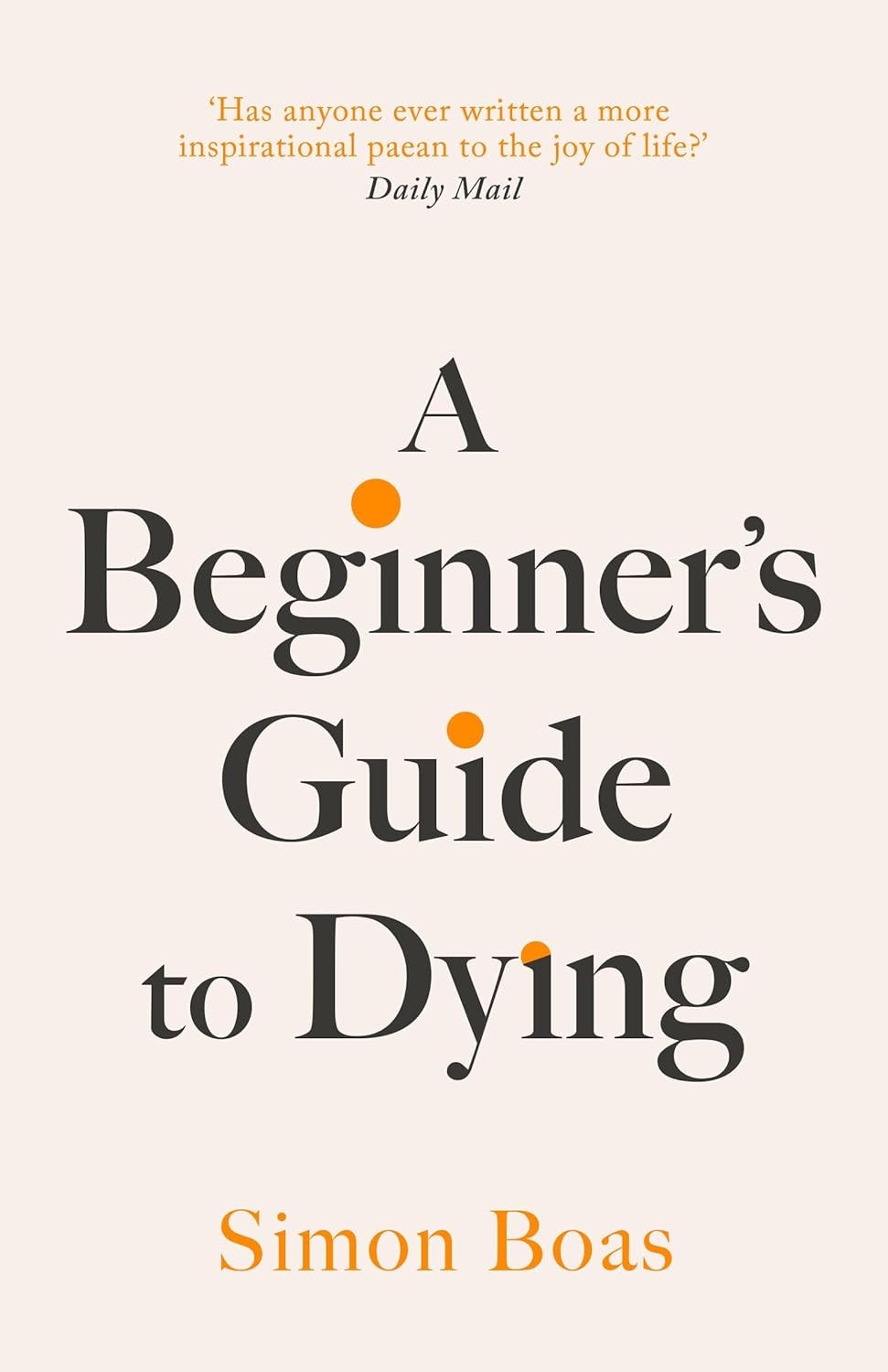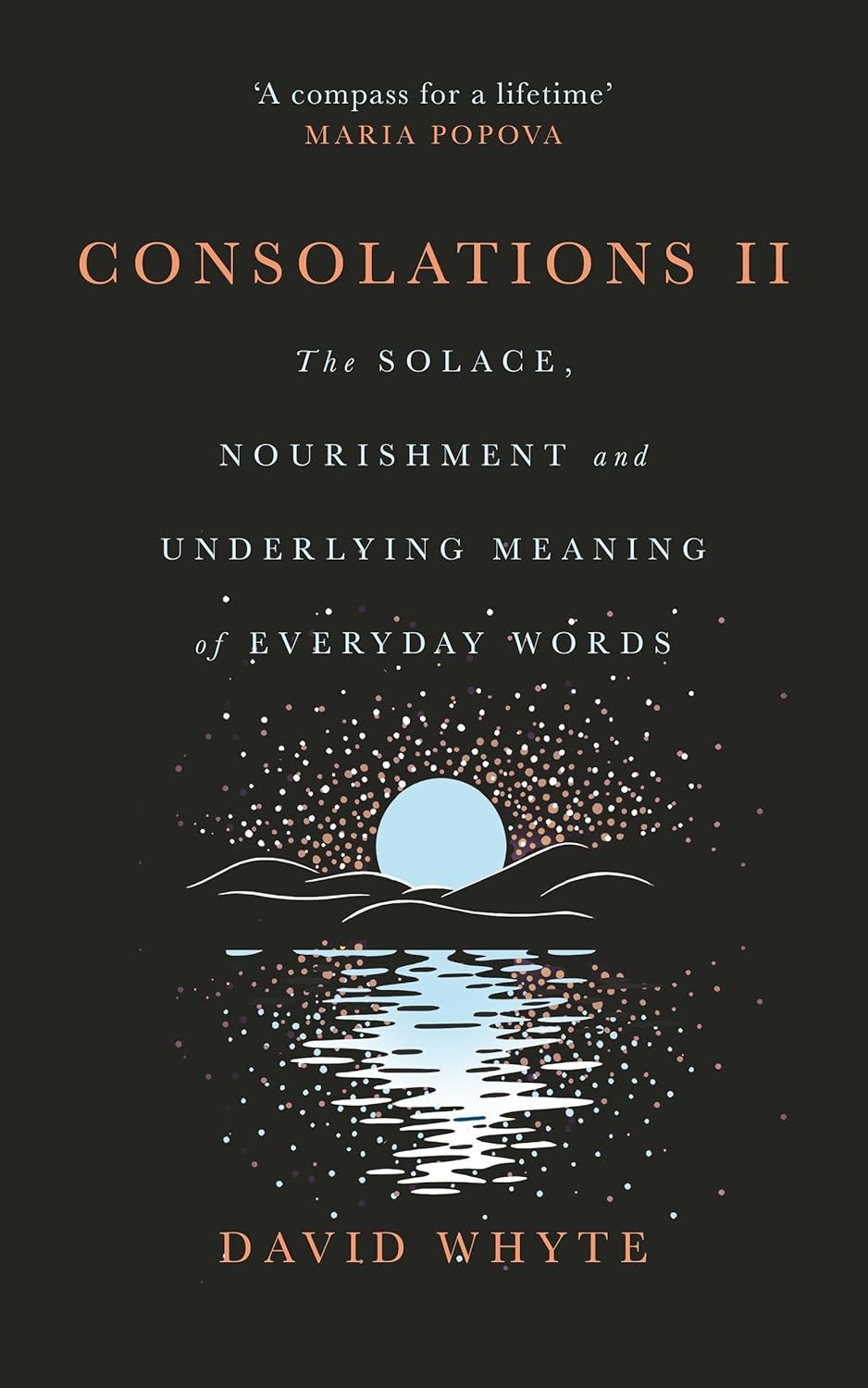Friday links...
No80: Autumn reading...
This week, hopefully as an antidote to the slightly the incessant, white noise of the current week’s news cycle, a set of links to some wonderful things recently read and others that have come highly recommended.
1. Novacene: The Coming Age of Hyperintelligence by James Lovelock. In 2019, at the age of 100, James Lovelock produced possibly the most important and compelling work of his amazing life (a ground-breaking NASA scientist, environmentalist and futurist who also worked for MI5 for decades…Brian Appleyard described him as “bascially Q in the James Bond films”). Novacene is concise, visionary, philosophical and provocative. Thoroughly recommend.
“James Lovelock, creator of the Gaia hypothesis and the greatest environmental thinker of our time, has produced an astounding new theory about future of life on Earth. He argues that the Anthropocene – the age in which humans acquired planetary-scale technologies – is, after 300 years, coming to an end. A new age – the Novacene – has already begun. New beings will emerge from existing artificial intelligence systems. They will think 10,000 times faster than we do and they will regard us as we now regard plants – as desperately slow acting and thinking creatures. But this will not be the cruel, violent machine takeover of the planet imagined by sci-fi writers and film-makers. These hyper-intelligent beings will be as dependent on the health of the planet as we are.”
Bonus link…brilliant short video below
2. Concerning the Future of Souls by Joy Williams. A crash course in philosophy, religion, literature and culture from Pulitzer Prize finalist Joy Williams. Here, she offers ninety-nine illuminations on mortality as she brings her powers of observation to Azrael, the Angel of Death and transporter of souls.
“Balancing the extraordinary and the humble, the bizarre and the beatific, the book presents Azrael as a thoughtful and troubled protagonist as he confronts the holy impossibility of his task, his uneasy relationship with Death and his friendship with the Devil. In this follow-up to Williams' 99 Stories of God, a collection of connected beings - ranging from ordinary people to great artists such as Kafka, Nietzsche, Bach and Rilke to dogs, birds, horses and butterflies - experience the varying fate of the soul, transient yet everlasting. Profound, sorrowful, witty and ecstatic, Concerning the Future of Souls will leave readers awestruck in their confrontation of life in the face of death.”
“I finished it elated and tearful, joyful and terrified, changed by the journey.” PJ Harvey
“The strangest, most beguiling and affecting of all his books.” Ian Rankin
“A miracle of language.” Irish Times
“An act of humanity and grace.” Daily Telegraph
“Precision, inventiveness, stylistic radiance and heart.” Nathan Filer
This is the story of a few strange hours in the life of a troubled teenage boy by the genius that is Max Porter.
4. The Unfinished Harauld Hughes. Richard Ayoade's hilarious fictional quest to rescue Harauld Hughes - the almost mythical mid-century playwright - from obscurity.
“The gifted filmmaker, corduroy activist and amateur dentist, Richard Ayoade, first chanced upon a copy of The Two-Hander Trilogy by Harauld Hughes in a second-hand bookshop. At first startled by his uncanny resemblance to the author's photo, he opened the volume and was electrified. Terse, aggressive, and elliptical, what was true of Ayoade was also true of Hughes's writing, which encompassed stage, screen, and some of the shortest poems ever published. Ayoade embarked on a documentary, The Unfinished Harauld Hughes, to understand the unfathomable collapse of Hughes's final film O Bedlam! O Bedlam!, taking us deep inside the most furious British writer since the Boer War. This is the story of the story of that quest.”
5. Life as No One Knows It by Sara Imari Walker. The physicist and astrobiologist argues that solving the origin of life requires radical new thinking and an experimentally testable theory for what life is.
“Walker proposes a new paradigm for understanding what physics encompasses and what we recognise as life. She invites us into a world of maverick scientists working without a map, seeking not just answers but better ways to formulate the biggest questions we have about the universe. The book culminates with the bold proposal of a new theory for identifying and classifying life, one that applies not just to biological life on Earth but to any instance of life in the universe. Rigorous, accessible, and vital, Life as No One Knows It celebrates the mystery of life and the explanatory power of physics.”
6. Napalm In The Heart by Pol Guasch. Originally published in Spain in 2021, this is Catalan poet Pol Guasch’s first novel. In a rugged, mountainous region of an imagined country, an accident occurs at a sinister industrial installation that turns night into day in a flash of irradiating light. The area becomes a militarised zone. Translated into electrifying English by Mara Faye Lethem, it begins 900 days after the incident.
“Napalm in the Heart is written as a mosaic of short pieces in different modes: memoir, letters, poetry, poetic prose, photographs, which draw on different genres, including science fiction, adventure, horror and romance. These are skilfully composed, cohering into a lucent, compelling narrative that shares a sensibility and atmosphere with one of the greatest Catalan novels, Mercè Rodoreda’s tenebrous beauty Death in Spring.” (Full review here.)
7. The Importance of Being Educable: A New Theory of Human Uniqueness. Leslie Valiant is no ordinary computer scientist, he is a visionary in the field of theoretical computer science. A distinguished professor at Harvard, he’s made groundbreaking contributions to machine learning, computational complexity theory, and parallel computing. Valiant argues that grasping and cultivating our innate educability is critical for rising to the challenges posed by ever-advancing machine learning. Through this lens, we reexamine what intelligence really means and how we can harness our human potential in an age of technological transformation.
“When we think about what makes our minds special, we tend to focus on intelligence. But if we want to grasp reality in all its complexity, Valiant writes, then “cleverness is not enough.” Valiant thinks the more important quality is “educability”—the ability to gather diverse kinds of knowledge, often in a slow, serendipitous way, and knit them together. This explains why the books we read in college might not be understood until decades later, or why a good doctor doesn’t rely solely on what she learned in medical school. Human beings—unlike A.I., for example—constantly improve their minds through an unfolding, open-ended process that connects newly acquired facts and ideas to ones collected long ago.”
8. All That Glitters: A Story of Friendship, Fraud and Fine Art. “Deception is a fine art. When Orlando Whitfield first meets Inigo Philbrick, they are students dreaming of dealing art for a living. Their friendship lasts for fifteen years until one day, Inigo - by then the most successful dealer of his generation - disappears, accused of a fraud so gigantic and audacious it rocks the art world to its core. A sparklingly sharp memoir of greed, ambition and madness, All That Glitters will take you to the heart of the contemporary art world, a place wilder and wealthier than you could ever imagine.” (Thanks Melissa)
9. The Ministry of Time by Kaliane Bradley. “For a book to be good – really good, keep it on your shelf forever good – it has to be two things: fun and a stretch. You have to need to know what happens next; and you have to feel like a bigger or better version of yourself at the end. Airport thrillers are almost always fun; much contemporary autofiction is just a stretch, largely because it’s very hard for a book in which not much happens to be a page-turner. What a thrill, then, to come to Kaliane Bradley’s debut, The Ministry of Time, a novel where things happen, lots of them, and all of them are exciting to read about and interesting to think about.” (Full review here.)
“A boy meets a girl. The past meets the future. A finger meets a trigger. The beginning meets the end. England is forever. England must fall.” Revolving around the establishment set up to bring expatriates from the past to near-future London, this great debut book blends love story, time-travelling tale and state-of-the-nation commentary to terrifyingly clever and funny effect.
10. Finally, A Beginner’s Guide to Dying by Simon Boas. 'It isn't quite 'Don't buy any green bananas'. But it's close to 'Don't start any long books'. In his mid-40s, Simon Boas was diagnosed with incurable cancer – it had been caught too late, and spread around his body. But he was determined to die as he had learned to live – optimistically, thinking the best of people, and prioritising what really matters in life. Simon considers and collates the things that have given him such a great sense of peace and contentment, and why dying at 46 really isn’t so bad. And for that reason it’s also only partly about ‘dying’. It is mostly a hymn to the joy and preciousness of life, and why giving death a place can help all of us make even more of it.
Bonus link: published next week…David Whyte’s Consolations II deepens his project to reflect all facets of our world through the prism of a singular word, with 52 new life-affirming entries that map the constellation of human experience.
Over the next couple of weeks David is in the UK and reading from his book. We are seeing him in Oxford on 12th November. More dates/events here.
Quote of the week: “What an astonishing thing a book is. It’s a flat object, made from a tree, with flexible parts on which are imprinted lots of funny dark squiggles. But, one glance of it and you’re inside the mind of another person. Maybe somebody dead for thousands of years. Across the Millenia, an author is speaking clearly and silently inside your head directly to you. Writing is perhaps the greatest of human inventions. Books are proof that humans are capable of working magic.” Carl Sagan
Have a great weekend, Matt



